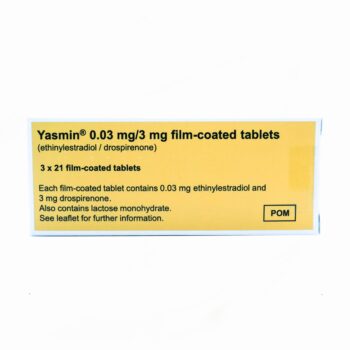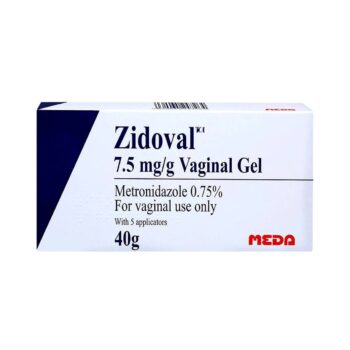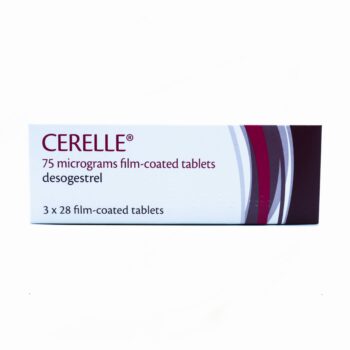Gina is a low-dose vaginal oestrogen tablet used to treat vaginal atrophy symptoms in postmenopausal women. These symptoms include vaginal dryness, irritation, discomfort, and pain during sex (dyspareunia), which result from reduced oestrogen levels after menopause. Gina offers a local, targeted hormone replacement therapy that is available without a prescription following a pharmacist consultation.
How It Works
Gina contains 10 micrograms of estradiol, the same type of oestrogen naturally produced by the ovaries. When inserted into the vagina, estradiol is released directly into the local tissue, restoring the thickness and elasticity of the vaginal lining. This helps improve lubrication and reduces inflammation, leading to relief from dryness, itching, and pain. Because Gina is a local therapy, it provides symptom relief with minimal absorption into the bloodstream.
Why Choose Gina
Gina is the first vaginal HRT to be made available over the counter in the UK, allowing women easier access to treatment for intimate menopausal symptoms. Its localised action offers effective relief without systemic hormone exposure, making it suitable for women who are not taking full-body HRT. The once-daily application during the initial phase, followed by twice-weekly maintenance, is easy to manage and fits well into daily routines. It provides a non-invasive, discreet, and well-tolerated solution to one of the most common yet under-treated effects of menopause.
Important Note
Gina is suitable only for postmenopausal women aged 50 and over who have not had a period for at least 12 months. It is not a contraceptive. Women with a history of hormone-sensitive cancers, blood clots, liver disease, or unexplained vaginal bleeding should not use Gina. A pharmacist must confirm suitability before supply. If symptoms do not improve after 12 weeks or worsen at any time, consult a doctor. Regular reviews are advised for continued use.





